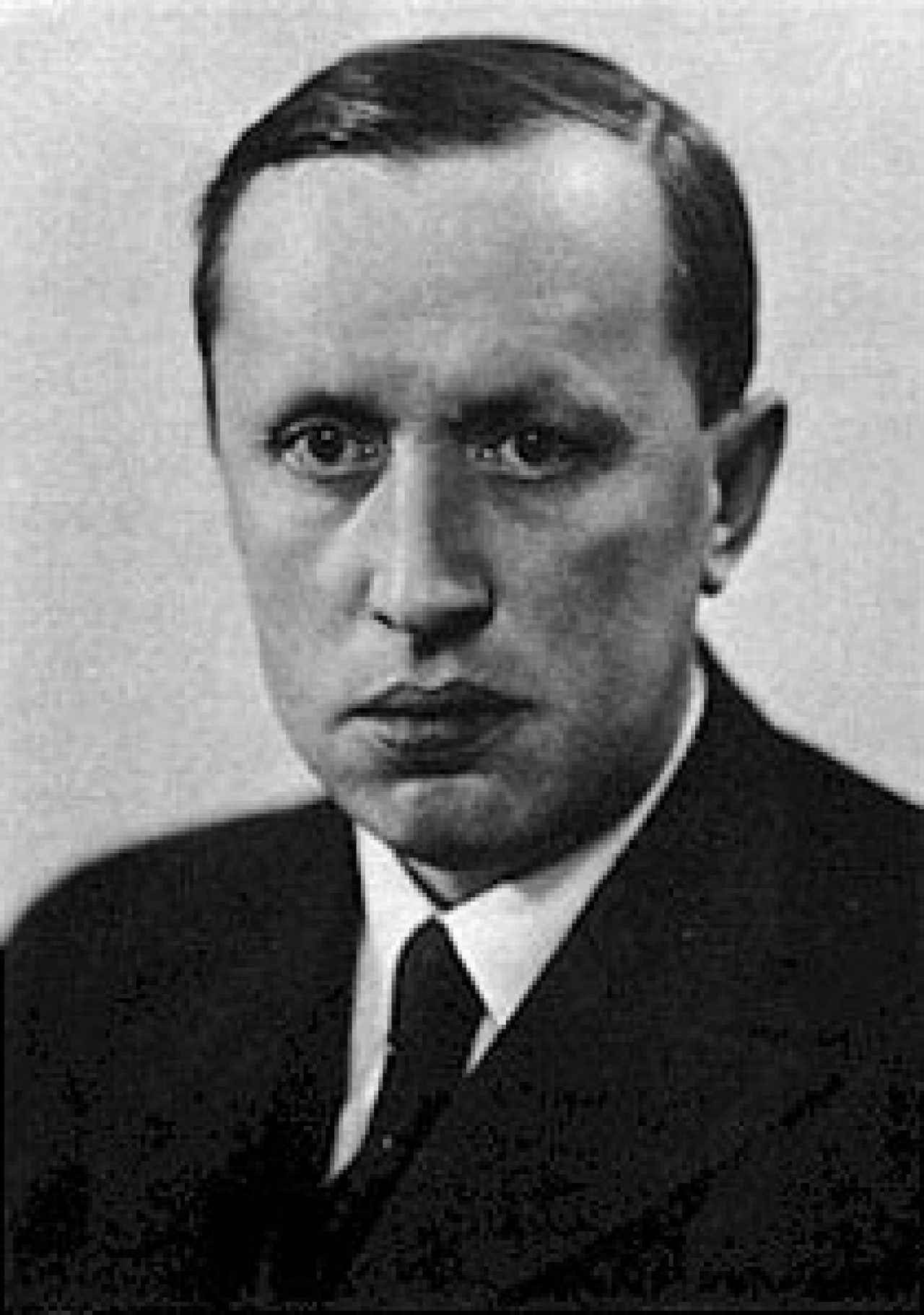Throwback Thursday: Karel Capek, Creator of Robots
Playwright Karel Capek was the first to introduce the word 'robot,' and had initially considered using the word 'labori,' which is Latin for labor.
Going hand-in-hand with last Thursday’s post about science fiction master Isaac Asimov, today we celebrate the birth of Czech playwright Karel Capek, also known for his forays into science fiction. While Asimov helped us better define and understand the rules of the human/robot relationship, Capek was the first to introduce the word robot into the international consciousness.
Born January 9, 1890 in the mountains of Czechoslovakia, Capek began his career as a journalist. Due to his physical ailments—spinal problems affected him most of his life—he was unable to participate in World War I as a soldier, but spent a great deal of time observing it from the outside. He fashioned strong political opinions and wrote on hot button topics like nationalism and totalitarianism, establishing friendships with many of the up and coming leaders of the fledgling Czechoslovakia. He would eventually become a fervent anti-fascist, and was declared an enemy of the Nazi state.
Capek’s play Rossum’s Universal Robots—sometimes referred to as R.U.R.—brought the young writer international acclaim. The play, set in a dystopian world, is the story of a factory where robots are built to look and function like people. The robots at first are content to work for humans, but eventually become aware of their own existence and stage a rebellion that results in extinction of humanity. The play was first produced in 1920, becoming a huge success in Europe and the U.S.; it had been translated into 30 languages by 1923.
Capek had initially thought of naming the robot characters in his play labori, which is Latin for labor, or work, but didn’t like the way the word sounded. He consulted with his brother Joseph, his close friend and confidante, and together they decided on the term roboti, or robots in English. Robot comes from the Czech word robota, which quite literally translates to “menial labor” or “drudgery”.
The play was extremely influential, and Capek went on to write many more successful plays and novels. Robots have become a indispensable part of pop culture, and ideas of artificial intelligence and the potential sentience of computers and machines have stayed at the forefront of the human mind as technology continues to advance. The word robot is one we take for granted, much as we do computer or phone; it’s simply become part of our vocabulary, just as the idea of machines built to look like us are never really far from our imaginations.

 Member Connect
Member Connect